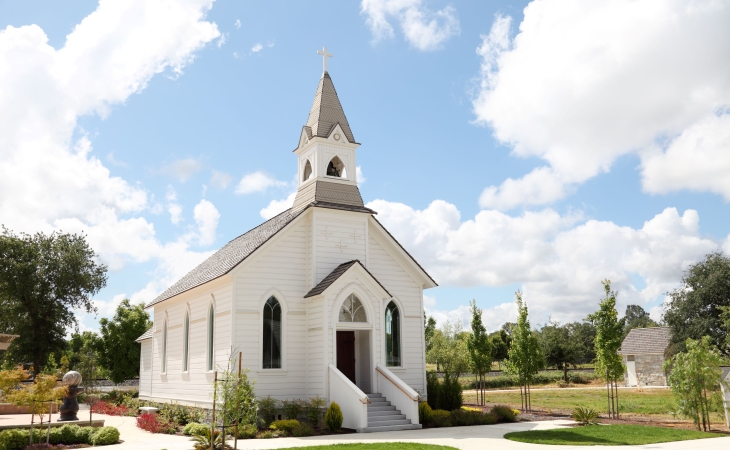In a recent court filing, the Internal Revenue Service (IRS) has agreed that churches and other houses of worship are not prohibited from engaging in political speech.
This was prompted as a result by a lawsuit filed in a U.S. District Court for the Eastern District of Texas by the National Religious Broadcasters, Intercessors for America, along with two Baptist churches in Texas, against Billy Long, in his official capacity as Commissioner of the Internal Revenue Service. The plaintiffs challenged the Johnson Amendment, enacted in 1954, that prohibits tax-exempt organizations from participating in political campaigns. The plaintiffs claimed the law infringes on free speech rights, the Fifth Amendment of the Constitution, and the federal Religious Freedom Restoration Act of 1993.
Follow LifeNews.com on Instagram for pro-life pictures and videos.
In a joint motion with the plaintiffs to settle the lawsuit, the IRS agreed to view endorsements of political candidates from the pulpit as private matters, not as a form of campaigning. The motion asked the court to bar any presidential administration from hindering the plaintiffs from backing candidates in front of their congregations. The IRS said that if a house of worship endorsed a candidate to its congregants, the agency would view that not as campaigning but as a private matter, like “a family discussion concerning candidates.”
The motions reads, “When a house of worship in good faith speaks to its congregation, through its customary channels of communication on matters of faith in connection with religious services, concerning electoral politics viewed through the lens of religious faith, it neither ‘participate[s]’ nor ‘intervene[s]’ in a ‘political campaign,’ within the ordinary meaning of those words. To ‘participate’ in a political campaign is ‘to take part’ in the political campaign, and to ‘intervene’ in a political campaign is ‘to interfere with the outcome or course’ of the political campaign. Bona fide communications internal to a house of worship, between the house of worship and its congregation, in connection with religious services, do neither of those things, any more than does a family discussion concerning candidates. Thus, communications from a house of worship to its congregation in connection with religious services through its usual channels of communication on matters of faith do not run afoul of the Johnson Amendment as properly interpreted.”
Liberty Counsel Founder and Chairman Mat Staver said, “President Trump pledged to eliminate the Johnson Amendment and allow our pastors and churches to speak freely and without fear of retribution. He even signed an executive order in May 2017 that protected religious leaders who speak out politically. The Trump administration has now agreed to unshackle the pulpit from the chains of the Johnson Amendment.”
The post IRS Rules Churches Can Now Discuss Political Issues and Candidates appeared first on LifeNews.com.
Click this link for the original source of this article.
Author: Liberty Counsel
This content is courtesy of, and owned and copyrighted by, https://www.lifenews.com and its author. This content is made available by use of the public RSS feed offered by the host site and is used for educational purposes only. If you are the author or represent the host site and would like this content removed now and in the future, please contact USSANews.com using the email address in the Contact page found in the website menu.








